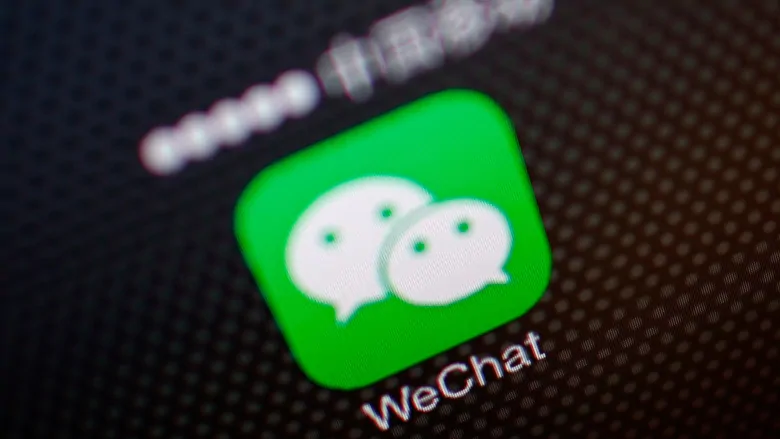WeChat is one of the world’s most popular apps, but researchers at the University of Toronto caution it is surveilling international users and using their information to broaden censorship on the app in China.

Canadian users of the popular social networking app WeChat are likely helping the Chinese company censor its users inside China, according to research from the University of Toronto’s Citizen Lab.
WeChat, which allows users to send messages, interact on social networks and make digital payments, is owned by the Chinese communications company Tencent and is the most popular social networking app in China. Globally, it has more than one billion users.
Research by Citizen Lab found that documents and images sent between users with accounts registered outside China triggered censorship when those same documents and images were sent to a user inside China.
“The company is essentially undertaking political surveillance on one segment of users, those who are using their international version of the application outside of mainland China,” said Ron Deibert, the director of Citizen Lab.
“That data is being used to then train the algorithms to better undertake censorship and surveillance of mainland China’s users. That’s pretty shocking.”

Citizen Lab came to its conclusion after a series of tests over three months, from November 2019 to January 2020.
“There is a moral issue here. To the extent that you’re using this application, you’re also essentially providing free labour for the refinement of a machine of digital repression inside China. So you’re implicated in it,” said Deibert.
CBC News contacted WeChat’s parent company, Tencent, through its corporate website and a public relations representative numerous times in an attempt to get a comment on the findings of the study. Tencent said it didn’t have anyone available for an on-camera interview and did not respond to a request for a statement.
The researchers at Citizen Lab say they examined WeChat’s terms of service and privacy policies for users inside and outside China, and asked for information from Tencent’s data international protection office more than once, starting in January. The questions centred on WeChat’s policies and how it shares and uses international users’ data.
“We didn’t get back much that’s meaningful and certainly not anything that points towards this type of data practice,” said Deibert.
“And furthermore, the company did not reply to us when we sent them questions specific

